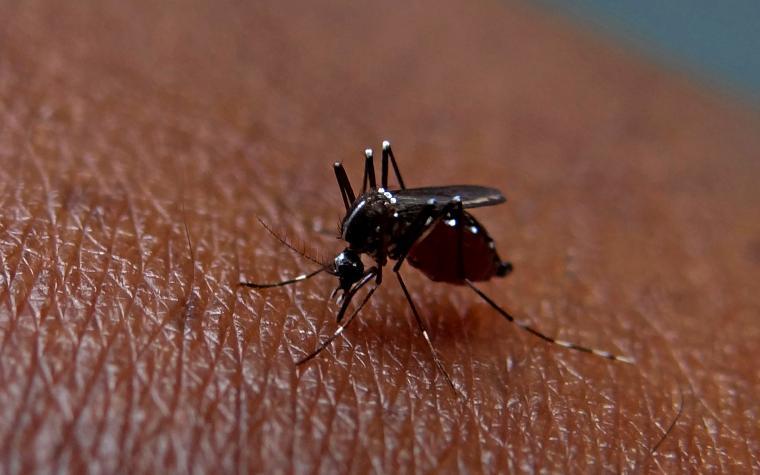Togo became the first country in Africa recognized by the World Health Organization (WHO) for eliminating lymphatic filariasis (LF), also known as elephantiasis, as a public health problem.
GSK, Merck Sharp & Dohme (MSD), and the MECTIZAN Donation Program (MDP), which provided and distributed the medications, congratulated Togo's President Faure Gnassingbé, the government and the people for this momentous event last week.
LF is transmitted by mosquitoes. It can develop into a chronic condition that affects the lymphatic system and causes massive irreversible swelling in those infected by the microscopic, threadlike filarial worm. WHO reported that LF affects 73 countries, with approximately 120 million people infected.
GSK donated albendazole and MSD donated MECTIZAN (ivermectin) to combate LF and a co-existing disease called river blindness through the MDP. WHO recommended six years of annual treatments of the two medications to break the transmission cycle of the parasite.
“I am very proud of my country for achieving elimination of LF," MDP Director Dr. Yao Sodahlon said. "My colleagues in the ministry of health must be congratulated for their dedication to ensuring the medications were consistently delivered to the millions of people at-risk of infection every year since the national elimination program started in 2000. I hope other countries in Africa will soon follow Togo in achieving this goal."











 Alerts Sign-up
Alerts Sign-up